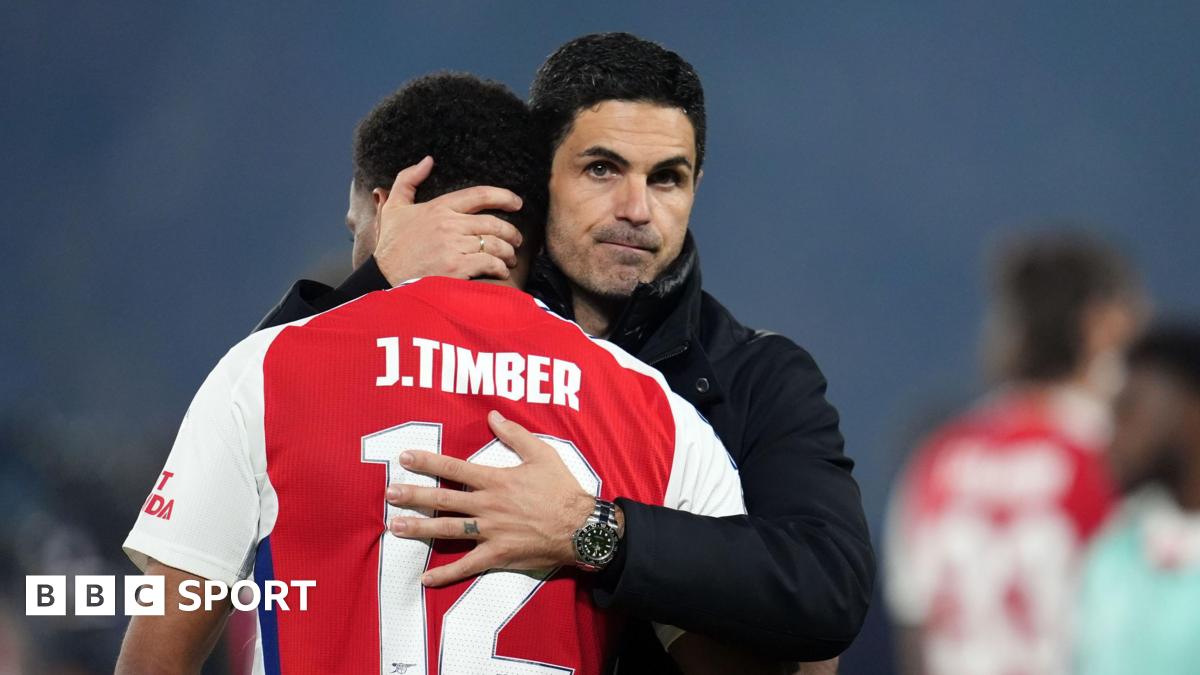ARTICLE AD BOX
In Bob Seddon's day, they did things differently. No televised Lions squad announcement because there was no television, no first class plane travel because there were no aeroplanes.
Captain of the wide-eyed Victorians of 1888, Seddon led the first rugby team of its kind to leave these shores and head south, not yet as the British and Irish Lions, but precursors and pioneers.
Every one of the near-40 players named on Thursday as the Lions of 2025 should know some of this history, they should immerse themselves in it, they should be aware of how deep this story goes because they are a part of it now - the greatest odyssey in sport. Nearly 140 years old. Blood, sweat and tears. Inspiring, and shocking. All human life - and death.
Seddon's squad set sail for New Zealand and Australia on RMS Kaikoura. For 46 days, they travelled. Calm waters and lumpy seas. Heavy gales and dense fog. A week went by when "neither sun nor stars were seen," he reported.
They played 19 games in New Zealand, 16 in Australia, but they still were not done. They played another 19 matches of Victorian Rules - Aussie Rules, in effect. Fifty-four contests for just more than 20 players on a tour that lasted 249 days. The chosen ones this time will play nine times in just more than a month. Blink and you will miss them.
Seddon, from Lancashire, was engaged to be married. Twenty games into the trip he drowned in the Hunter River in New South Wales. Some people do not get the Lions and call it an anachronism and an unimportant exhibition. They ask why do the Lions matter in the current age?
They matter, in part, because of folk like Bob Seddon and all the heroes and all the social history that came in his wake.
Tommy Crean, the Irishman, was a Lion in South Africa in 1896. He won a Victoria Cross in the Boer War. Alexander Todd, the Englishman, was a Lion in South Africa in 1896. He died at Ypres. Matthew Mullineux, a London clergyman, was also a Lion in 1896. He won the Military Cross during the First World War. Eric Milroy, a Scot, was a Lion in South Africa in 1910. He died at the Somme. Phil Waller, the Welshman, was also a Lion in 1910. He died at Arras.
Paddy Mayne, from County Down, was a Lion in South Africa in 1938. He won the Distinguished Service Order medal and three bars for three separate acts of heroism at war and was then awarded the Legion d'Honneur and the Croix de Guerre by the French government for his work in the liberation of France. He was also a founding member of the SAS.
Harry Jarman of Pontypool did not die at war. The 1910 tourist died of complications after he threw himself into the path of a runaway coal wagon at a South Wales colliery as it rattled towards some children playing in its path.
Those are images from a mercifully bygone age, but they feed into what it is to be a Lion today, the privilege of being part of something with such a profound past.
This team transcends sport. It's a cultural phenomenon. The Lions tour to apartheid South Africa in 1974 was deeply divisive and even now there would be heated debates about the rights and wrongs of going there.
But there's also the story of Nelson Mandela in his cell on Robben Island, listening to commentary on the radios of his wardens. When Willie John McBride's immortals beat the Afrikaners and took the series, Mandela and his fellow political prisoners rejoiced.
When the Lions returned in 1997, players from the '74 tour were coach, Ian McGeechan, and manager, Fran Cotton. They were greeted by Steve Tshwete, a government minister in a country that now had Mandela as president.
Tshwete, incarcerated on Robben Island with Mandela, practically moved McGeechan and Cotton to tears when he recounted his experiences of listening to those radios and hearing how they brought the Springboks to their knees.
How much did it mean to be a Lion back in the day? Players took time off work to tour. Some gave up their jobs if they could not get time off. Club members and fellow villagers chipped in to send them on their way with a few bob in their pocket because they did not get paid.
On the 1959 tour in New Zealand the great Irish prop, Syd Millar, had his overcoat stolen from his hotel room. Word reached the local press and suddenly letters with cheques came flooding in from sympathetic Kiwis.
Millar, whose son was born while he was away with the Lions and was three months old by the time he got home, was given strict instruction by the bastions of amateurism who were running the Lions: "You'll write a letter to every single one of these people and send the money back!"
We live in different days, thankfully. This team and these tours have endured despite bloody conflict abroad and at home, they have prospered despite having their existence threatened by the march of professionalism and an ever more crowded fixture calendar, they have survived the flak that flew after despicable violence in matches from the wild west years.
The Battle of Ballymore, the Battle of Canterbury, the Battle of Potchefstroom, the Battle of Boet Erasmus. Compelling but bleak chapters.
Doom-mongers have been proven wrong at every turn. Yes, it has become a commercial beast and the rampant hyping of the brand grates, but the essence of what makes the Lions special is strong and apparently unbreakable. The tourists have won just one series this millennium - one of six - but the fascination only grows. Brilliantly weird and utterly exhilarating, this is a unique experience, a bucket list item for fans and for every chosen player, a dream realised.
The speculation around who's in and who's out ends now, though. Andy Farrell and his coaches have got their men. Not everyone will agree with the names they came up with. There will be a wronged one, a lucky pick, a cause to rally round and get furious about. It was ever thus. The Lions is four nations and one team, but on announcement day, everybody is looking out for their own.
Being picked for the Lions is, and always will be, a special moment in the life of any player - many would say the most special moment - but it cannot be enough anymore. There's a pride in being a Lion, but greatness only comes in victory.
In 1997 Jim Telfer called selection "the easy bit" in his famous speech about reaching the top of Everest. Winning was the most important thing, he told his forwards. "The ultimate." He was right then and he's right now.
On Thursday, the 2025 Lions will rightly bask in a glorious achievement, but it's only the initial step on a long journey. Not as long as the one Seddon and his squad embarked upon when this concept was starting off, but still arduous and as compelling as ever.

 15 hours ago
5
15 hours ago
5








 English (US) ·
English (US) ·